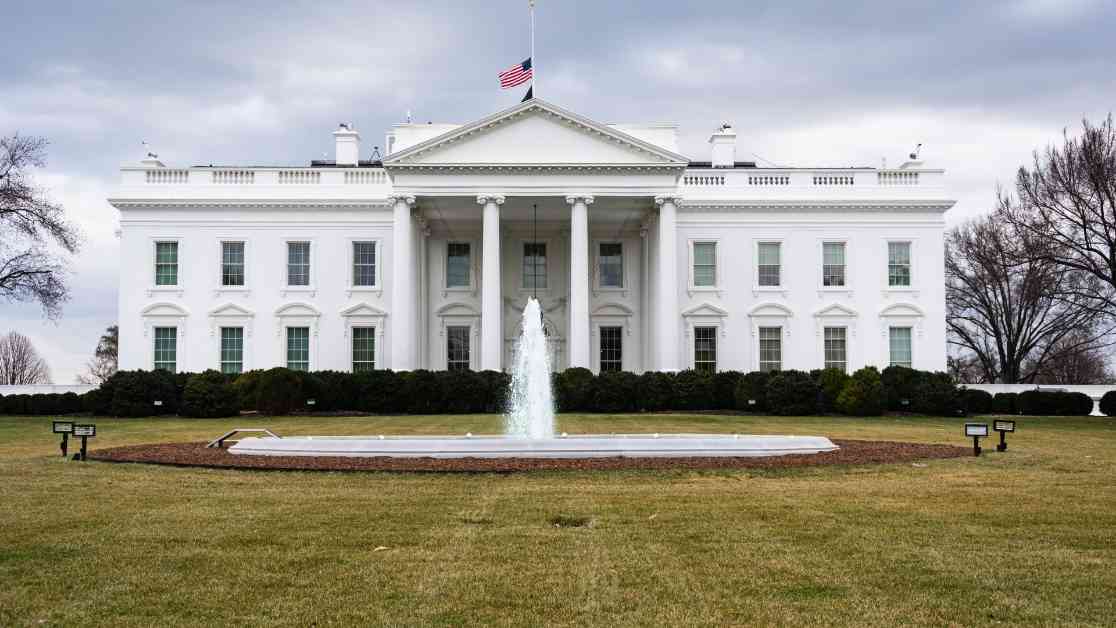In a critical meeting set to take place in Washington this week, Sir Keir Starmer faces the daunting task of convincing President Donald Trump of the paramount importance of supporting Ukraine amidst escalating tensions in the region. The stakes are undeniably high as the UK Prime Minister engages in his first in-person discussion with the US President since his return to the White House.
President Trump has been vocal about his desire for a swift resolution to the ongoing conflict in Ukraine, a war that has proven to be devastating and seemingly unwinnable. His direct negotiations with Vladimir Putin, the instigator of the conflict, have raised concerns about sidelining Europe and Ukraine’s President Volodymyr Zelensky in the process, potentially emboldening Putin further.
At the heart of the matter lies the imperative need to ensure that any peace agreement does not inadvertently pave the way for further aggression on Putin’s part, endangering the security of not only Ukraine but also Britain and the broader European region. As Sir Keir Starmer aptly points out, a flawed deal that fails to deter Putin from future attacks would be catastrophic.
Upholding NATO Support: A Pillar of Global Security
The significance of NATO’s security guarantee, particularly in times of escalating tensions, cannot be overstated. For over eight decades, the alliance has stood as a bulwark against tyranny, preserving peace and safeguarding freedom in Europe and beyond. As the world commemorates the 80th anniversary of the end of the Second World War, the need for unwavering support for NATO has never been more pressing.
Amidst shifting geopolitical dynamics and mounting threats to international peace, it falls upon leaders like Sir Keir Starmer to underscore the indispensable role that NATO plays in upholding global security. Convincing President Trump of the critical need to reinforce this support is not merely a diplomatic necessity but a moral imperative to prevent the resurgence of conflict and ensure a safer world for future generations.
Protecting Vulnerable Children: Safeguarding Trust and Safety
In a separate but equally crucial development, a family court judge’s decision to publicly name a private maternity nurse responsible for grievous harm to twin babies sheds light on the pressing need for stringent regulations in the healthcare sector. The judge’s rare move to disclose the nurse’s identity serves as a stark reminder of the risks posed by unregulated practices that jeopardize the safety and well-being of vulnerable individuals, particularly children.
Health Secretary Wes Streeting’s prompt action to investigate this alarming case underscores the urgency of addressing regulatory loopholes that could potentially place more children at risk. The protection of children must remain a top priority, with stringent measures in place to prevent such incidents and hold accountable those who endanger the lives of the most defenseless members of society.
In conclusion, as leaders navigate complex diplomatic challenges and confront pressing issues of safety and security, the need for steadfast commitment to international cooperation, regulatory oversight, and unwavering moral principles has never been more apparent. By upholding these values and advocating for meaningful change, individuals in positions of authority can make a tangible difference in safeguarding the well-being of communities and shaping a more just and secure world for all.













